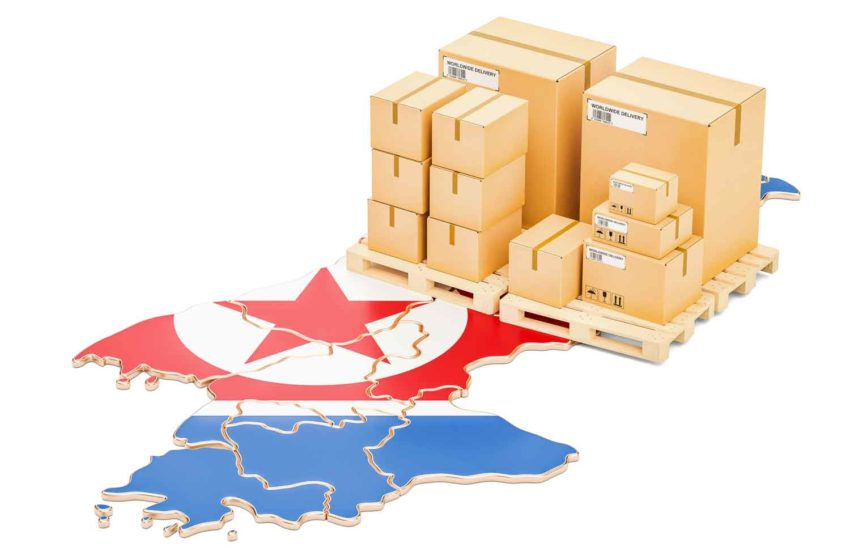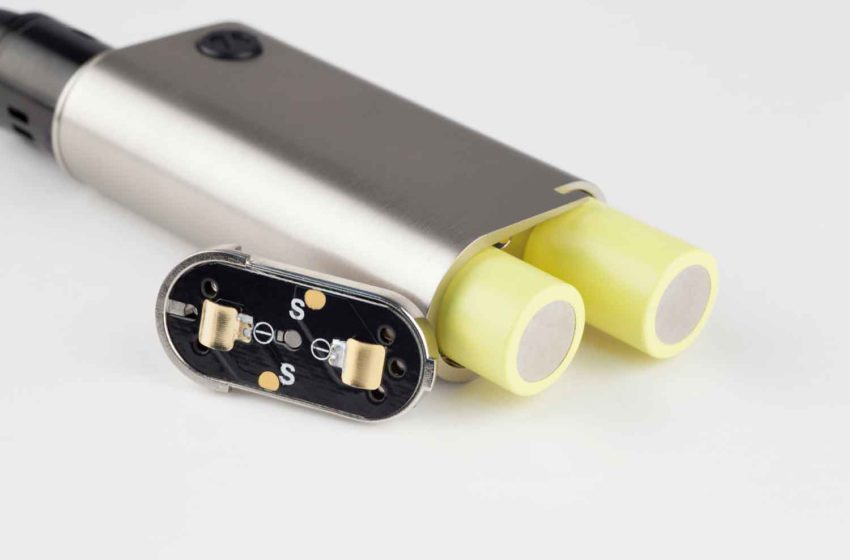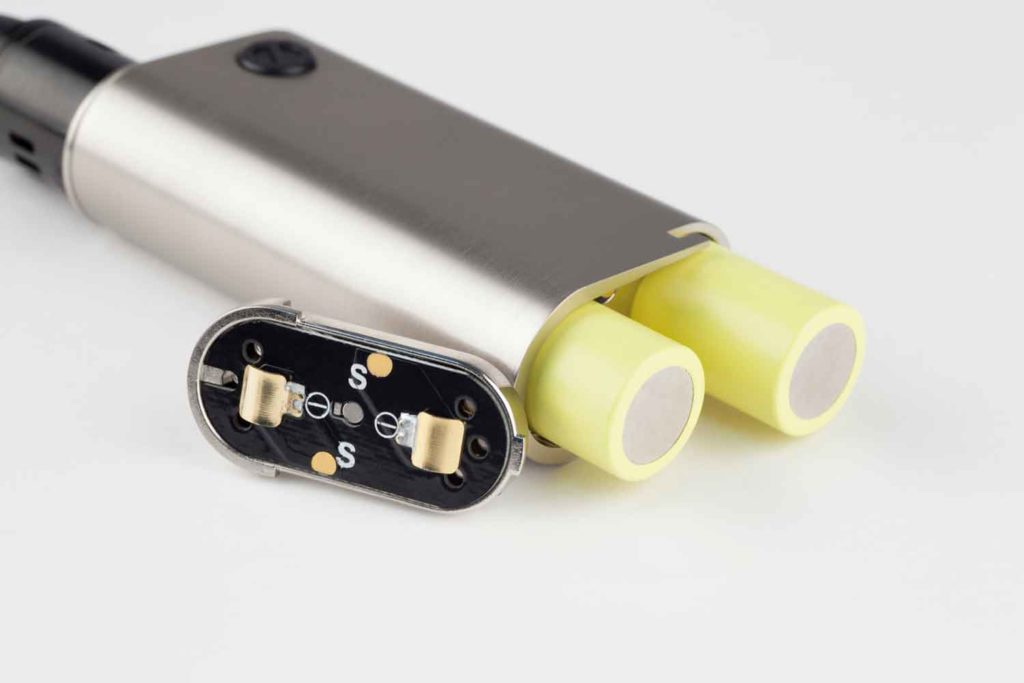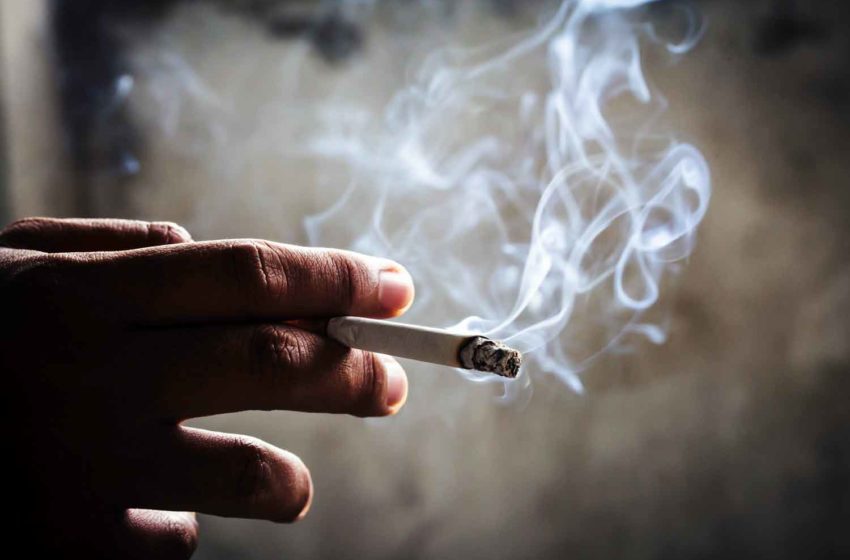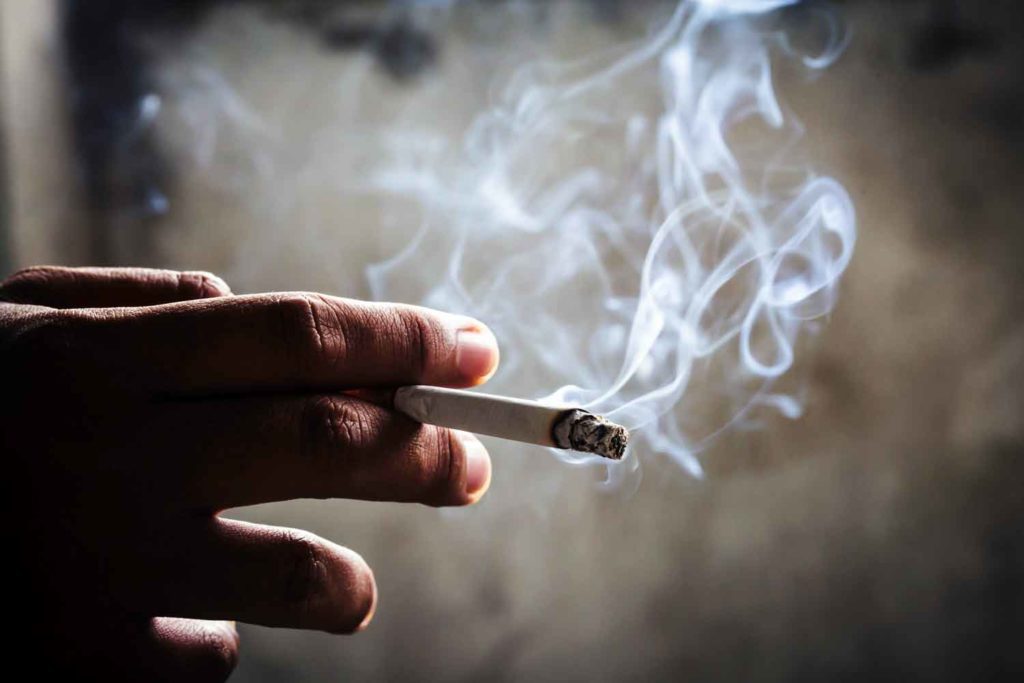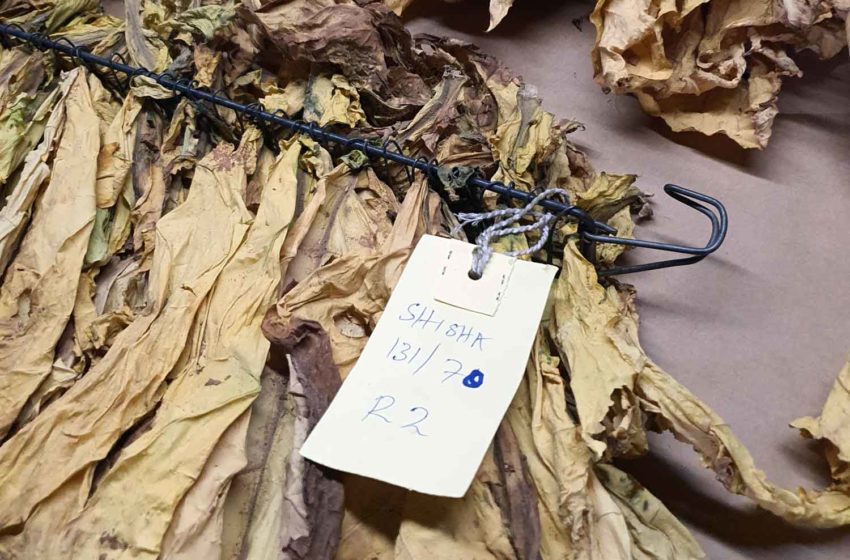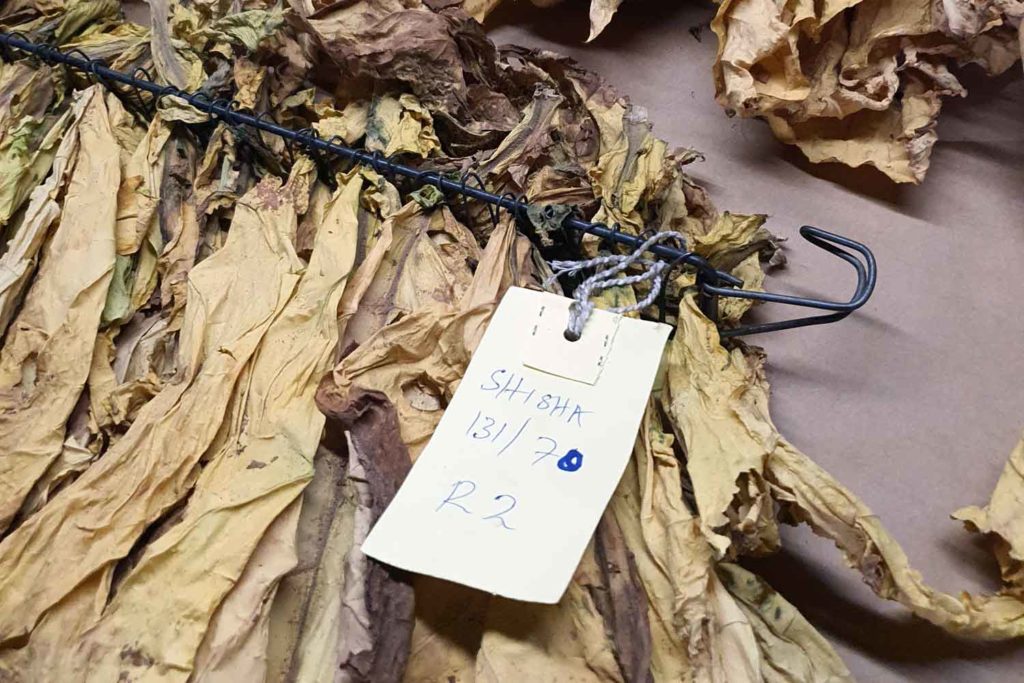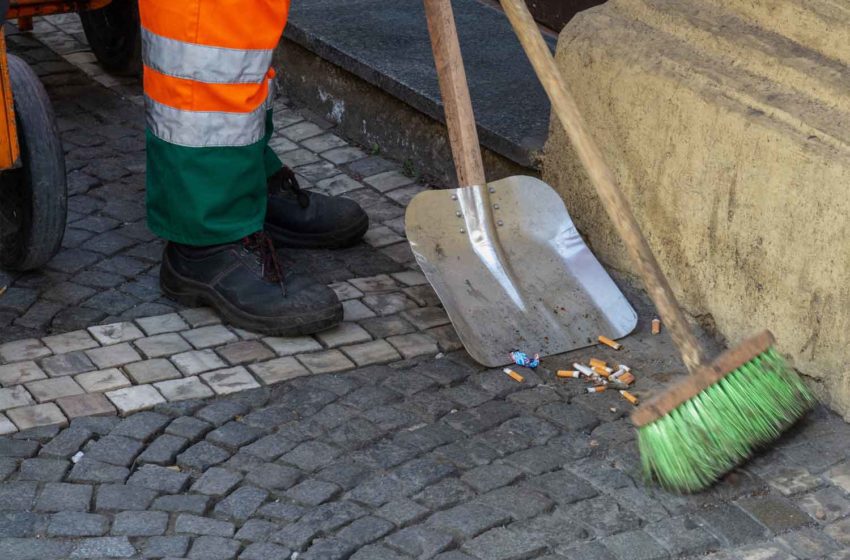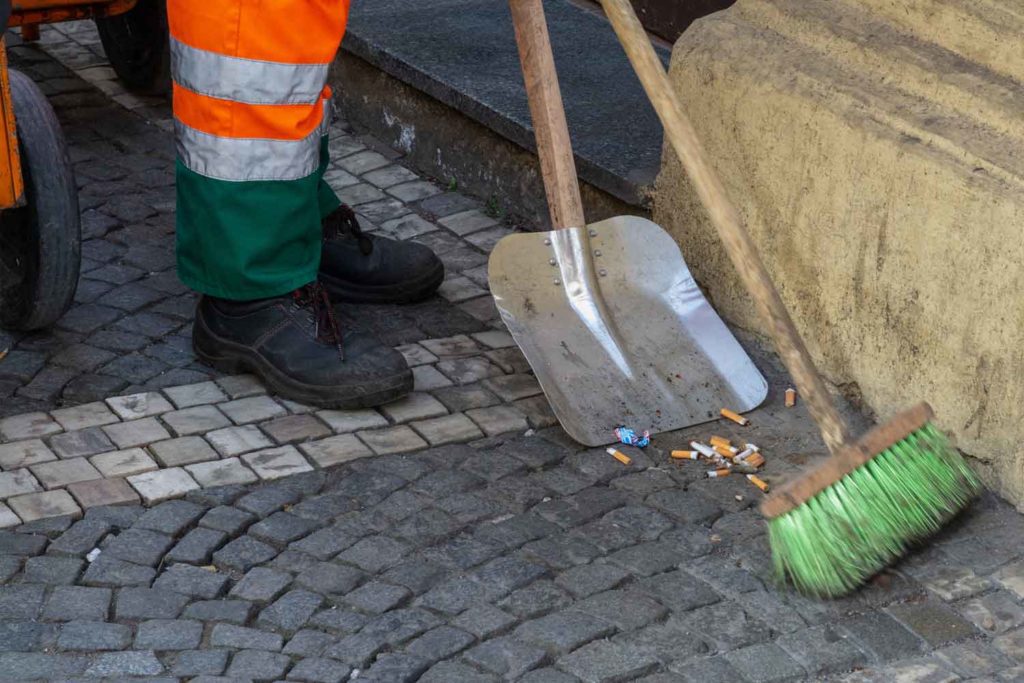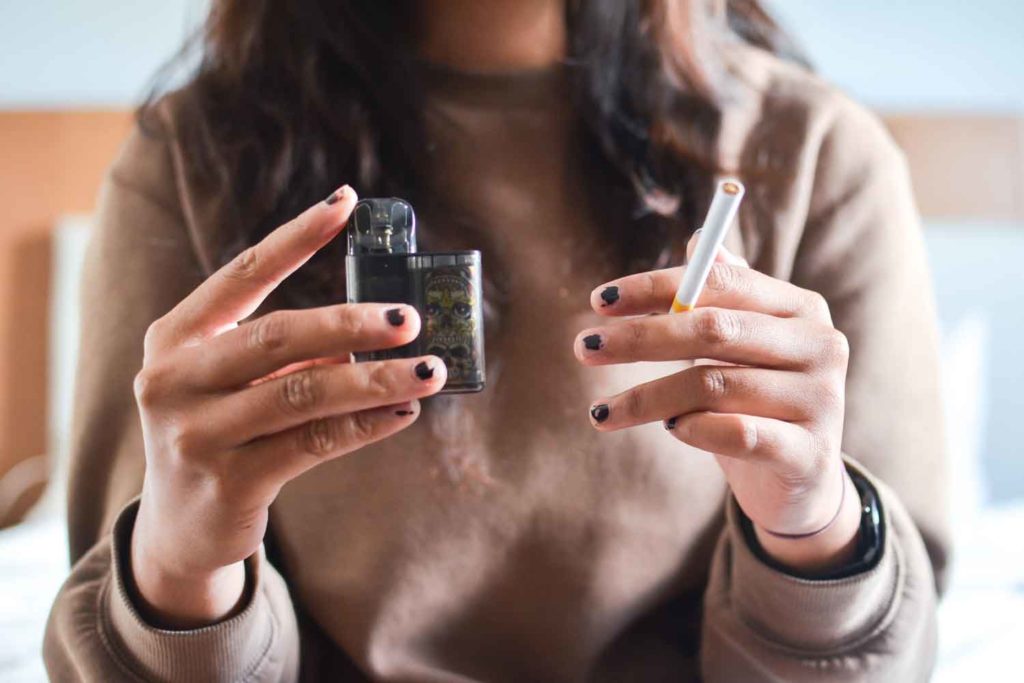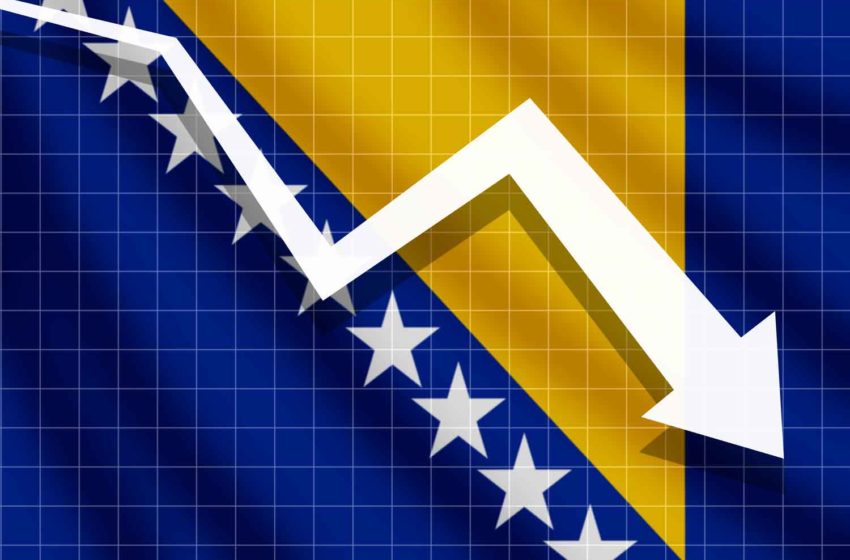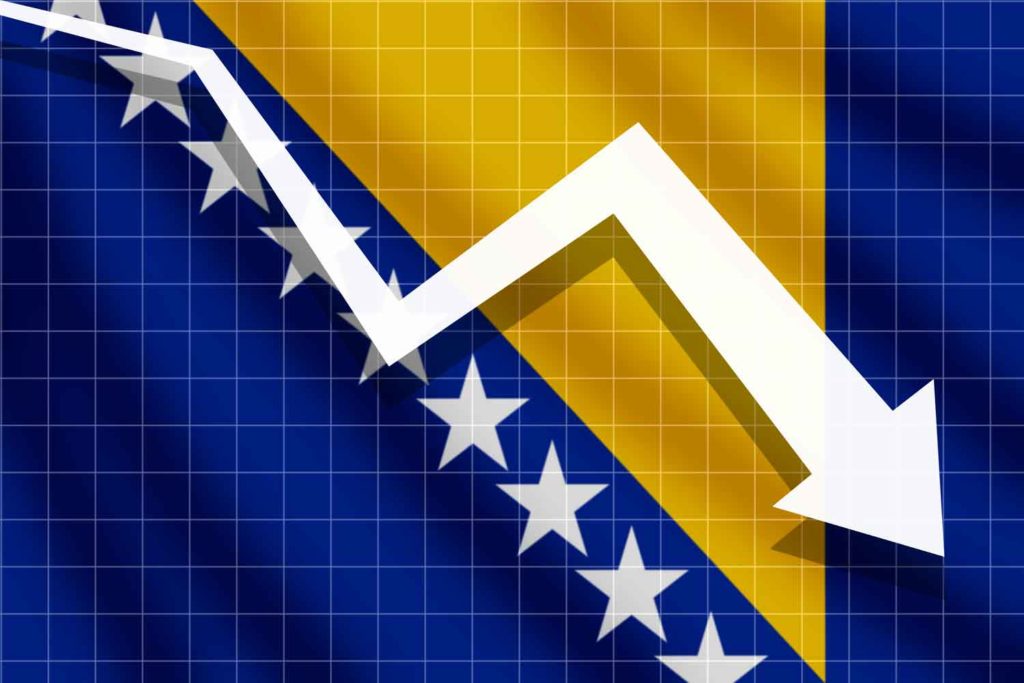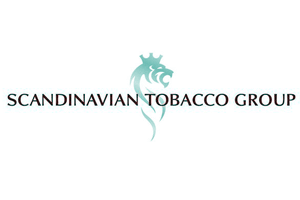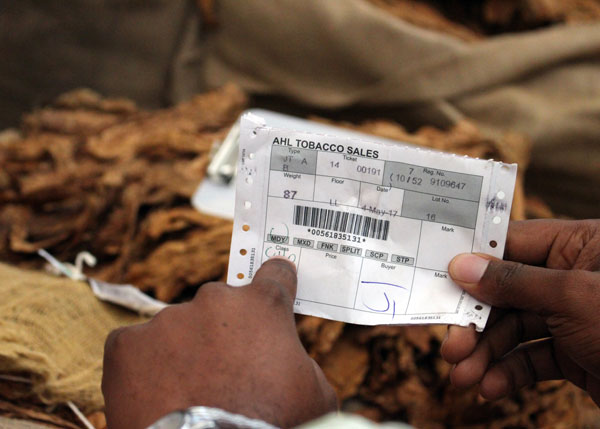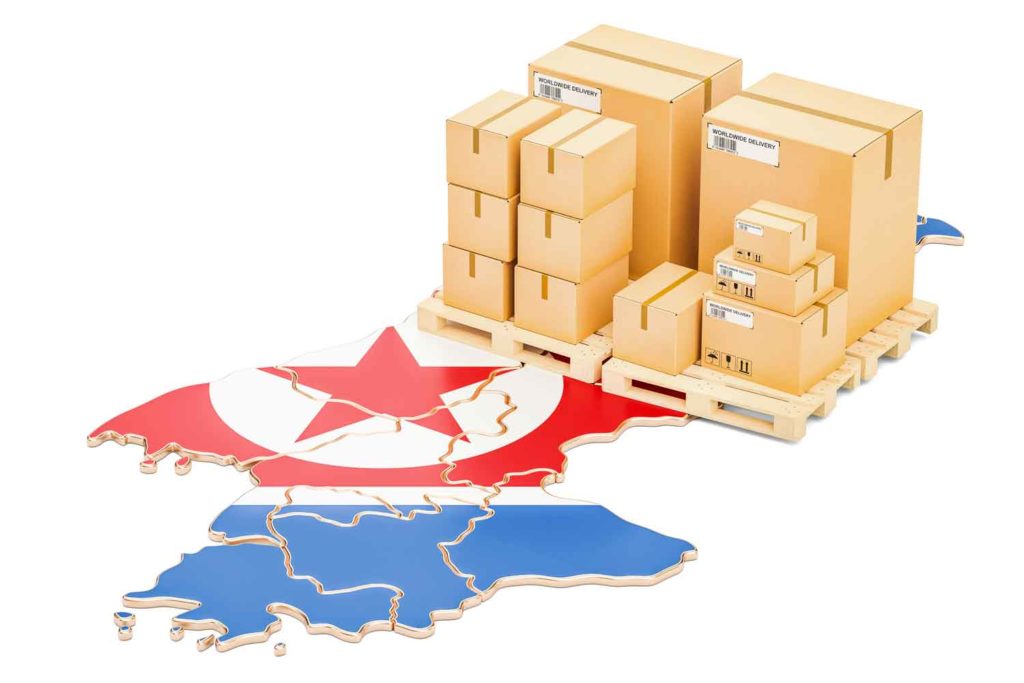
BAT has reached an agreement with the U.S. Department of Justice (DOJ) and the Office of Foreign Assets Control (OFAC) to resolve investigations into suspicions of sanctions breaches concerning business activities relating to the Democratic People’s Republic of Korea between 2007 and 2017.
BAT has entered into a deferred prosecution agreement with the DOJ and a civil settlement agreement with the OFAC, and an indirect BAT subsidiary in Singapore has entered into a plea agreement with the DOJ. The total amount payable to the U.S. authorities is $635.24 million plus interest.
Under the agreement, BAT cannot comment on the documentation published by the investigating authorities or on related factual matters.
As announced in its half-year report of 27 July 2022, BAT recognized a provision of £450 million ($540 million) in line with the International Accounting Standards 37 requirements. its full year 2023 group guidance is unaffected by this announcement.
“On behalf of BAT, we deeply regret the misconduct arising from historical business activities that led to these settlements and acknowledge that we fell short of the highest standards rightly expected of us,” said BAT CEO Jack Bowles in a statement.”
“Adhering to rigorous compliance and ethics standards has been, and remains, a top priority for BAT. In recent years, we have transformed our compliance and ethics program, which encompasses sanctions, anti-bribery, anti-corruption and anti-money laundering. The significant steps already taken, as well as the continued refinements to the program that will be made as part of these settlements, will leave us even better equipped to lead a responsible and sustainable business.”

